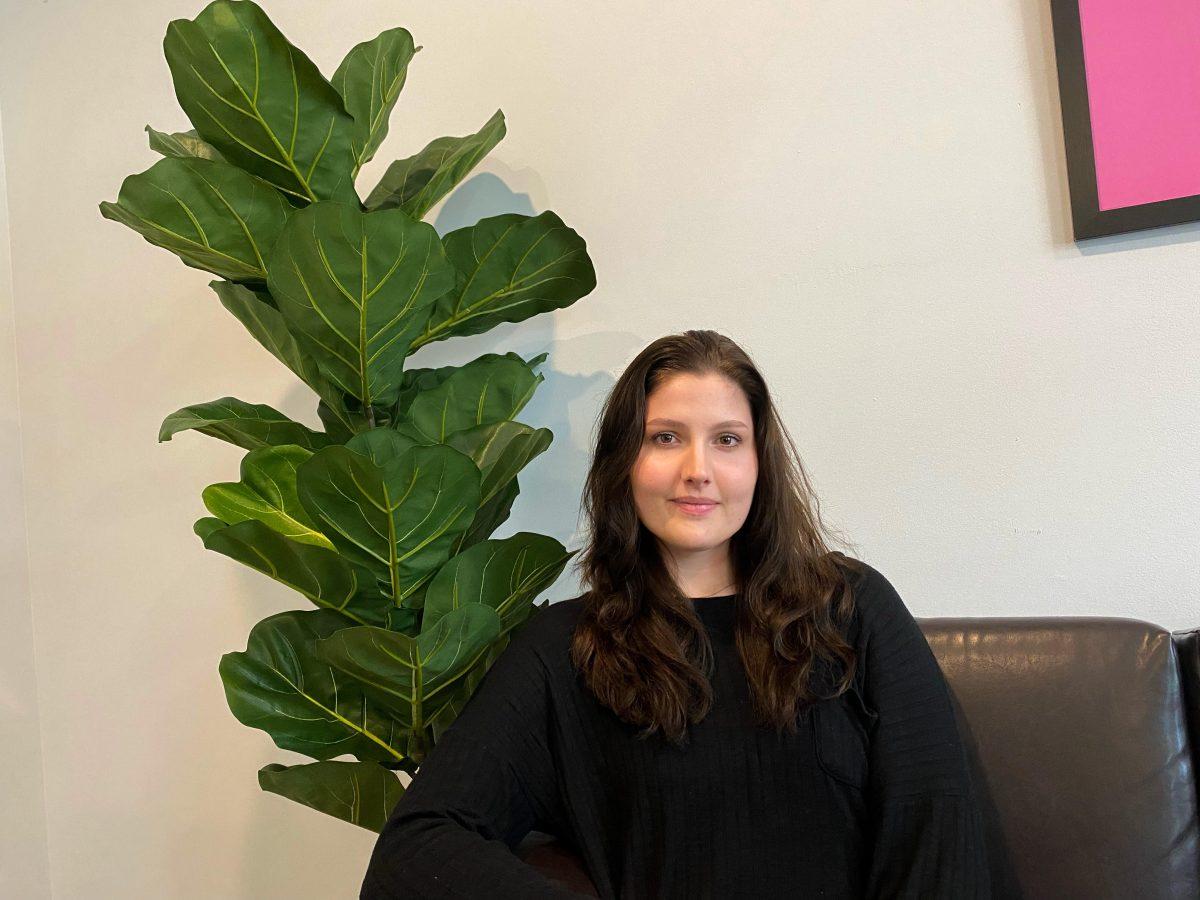There may be many reasons as to why you have been deemed as a nontraditional student, but not a single one defines your capabilities of succeeding.
When people think of a nontraditional student, typically the age of the student comes to mind. Age isn’t the only defining term for someone attending college off the beaten path of tradition, many factors determine a student as such. First-generation, low-income, part-time and commuter students are all considered nontraditional by the National Center for Education Statistics.
As a nontraditional student, you may work more hours a week than the person sitting next to you in class. You might envy the social lives of other students as you are leaving campus to attend to other responsibilities. You also might feel the pressure of financial stress throughout every semester. Challenges like these are a weight on your shoulders, but most importantly, they can impact your confidence.
If you’re older than most or have a different life or college experience, you may feel out of place or as if you don’t belong at all. This feeling can and will corrupt your confidence, affecting your work and study ethic.
Being a nontraditional student myself, coming back to college at a later age with little to no support system turned out to be a rude awakening. As prepared as I thought I was, I lacked preparation for how out of place I felt. It wasn’t because I was older than most, it was more because I was used to the life I had already experienced outside of school. The bills I pay don’t vanish because I am a student again and having to juggle finances to the best of my ability was and still is a lot to handle. Terrifying at times, it began to impact my confidence.
Looking back to my first semester here at NC State, I definitely see myself as a more confident and successful student compared to then. When people tell you things take time, they mean it. It took me a while to get adjusted to this new chapter of my life and dig myself out of the funk I was in. I had gone back and forth with the idea of giving up and going back home, until I had grown tired of feeling this way.
I wasn’t ready to give up, nor did I want to fail myself entirely. So I started looking for ways to rebuild my self-esteem and create a better college-life experience that worked for my nontraditional self.
A key factor that made life easier for me was finding a job that recognizes the importance of work/school balance and having a caring boss who can be flexible when needing varying hours throughout the week. These jobs can be a little difficult to find, but they are out there. Quick reminder when interviewing for a job — you are also interviewing them. Once said and done, play around with your schedule as much as you need until you find the perfect fit. It is a little time consuming at first, but in the long run, it will make a world of a difference. Getting involved on campus will also bring satisfaction of doing something you love and can help you feel more in place while boosting your confidence.
When it comes to rebuilding confidence, I remind myself of how far I have come, why I am here and how much it means to me and my future. I like to say I did things the right way. I explored the real world for quite some time, worked in different industries and gained personal growth and life experience before deciding to continue my studies. Believe it or not, colleges take pride in nontraditional students because of the depth we bring to the table.
Most importantly, never compare yourself to others — a tried and true lesson that goes for anything in our lives. You will only bring yourself down further if you are studying the lives of other students who seem to have it better. You have come so far with whatever dream or passion you are busting your rear end for, so don’t give up, fail as many times as needed until you get it right. Our life experiences shape who we are, but never limit us to what we are capable of achieving.
Have a killer FDOC.














